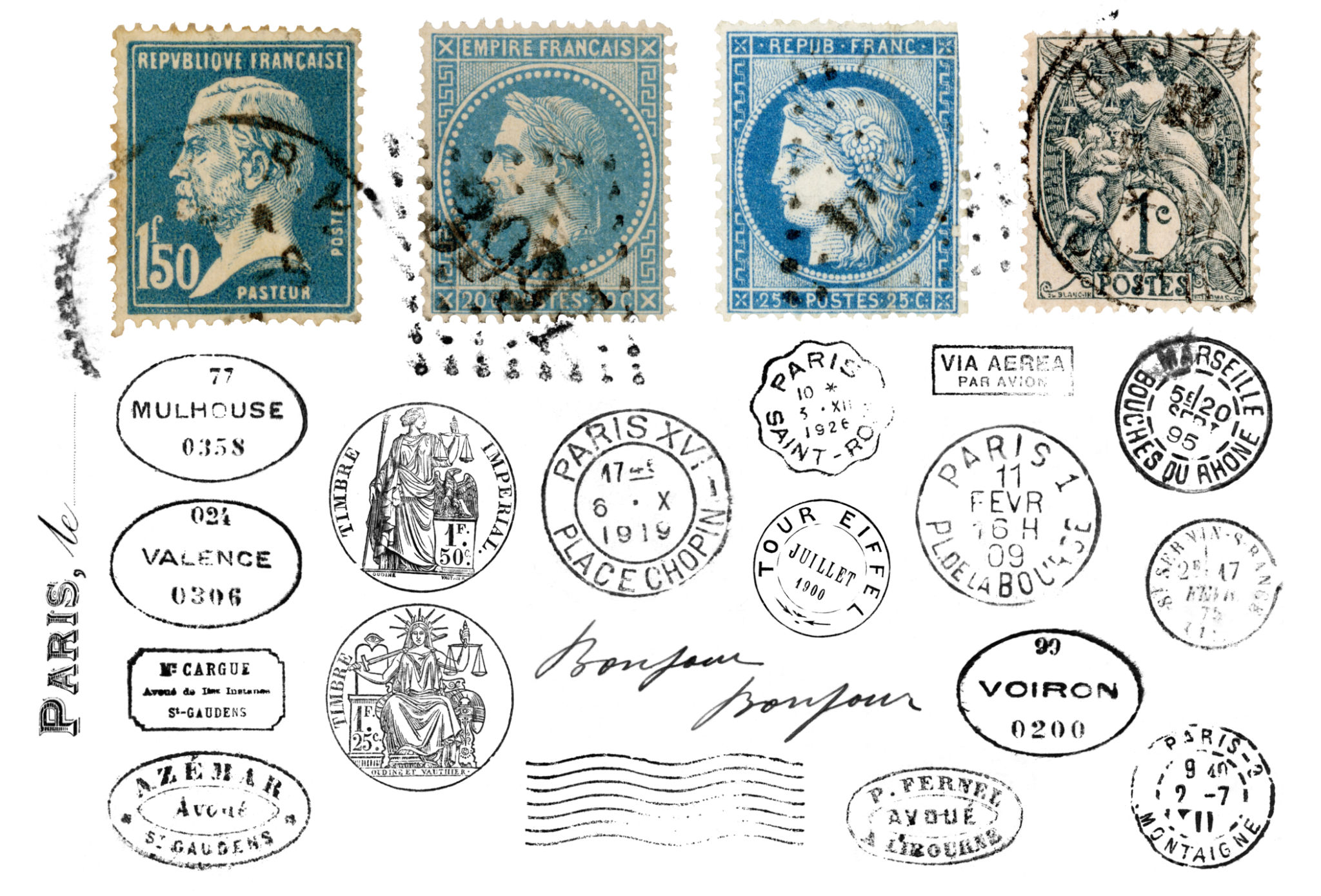Seasonal French Language Learning: How to Make the Most of Summer Courses
Ki
Embrace the Summer Vibe
Summer is a fantastic time to learn something new, and if you’ve been thinking about enhancing your language skills, why not consider a French course? With longer days and a more relaxed atmosphere, summer presents the perfect opportunity to dive into a new language while enjoying all the season has to offer. By enrolling in a summer French language course, you can make significant strides in your fluency while having fun.

Benefits of Summer French Courses
One of the most appealing aspects of taking a French course during the summer is the immersive experience. With a more flexible schedule, you can dedicate more time and focus to learning. Additionally, many programs offer cultural immersion activities, such as cooking classes or field trips, allowing you to practice your French in real-world scenarios. These experiences are invaluable in helping you understand the nuances of the language and culture.
Summer courses often have smaller class sizes, providing more personalized attention from instructors. This individualized approach can accelerate learning and help you overcome specific challenges you may face with pronunciation or grammar.

Choosing the Right Course
When selecting a summer French course, consider what type of learning environment suits you best. Do you prefer a structured classroom setting, or are you more inclined towards interactive workshops? Many institutions offer both options, allowing you to choose based on your learning style. Additionally, check if the course includes any special workshops or activities that might interest you, such as wine tasting or art history discussions conducted in French.
Another important factor is the level of instruction. Whether you're a beginner or looking to refine advanced skills, ensure the course matches your proficiency level. This ensures that you're neither overwhelmed nor under-challenged.
Setting Realistic Goals
Before starting your course, it's crucial to set realistic goals. Consider what you want to achieve by the end of the summer. Whether it's mastering conversational French or improving your writing skills, having clear objectives will keep you motivated and focused.

To enhance your learning experience, create a study plan that fits your schedule. Allocate specific times for reviewing vocabulary, practicing speaking, and engaging with native French media like films or podcasts. Consistency is key in language acquisition, and a well-structured plan will help reinforce what you learn in class.
Make Learning Fun
Incorporate fun activities into your study routine to maintain enthusiasm. Try watching French movies or listening to French music. Consider joining online forums or local meetups where you can practice speaking with others. These enjoyable practices not only make learning more engaging but also expose you to different accents and dialects.
Remember to celebrate small victories along the way. Every new phrase learned or conversation successfully held is a step closer to fluency. Rewarding yourself for these achievements can boost motivation and make the learning process more enjoyable.

Embrace Cultural Experiences
Summer courses often provide opportunities to immerse yourself in French culture beyond the classroom. Participate in local events or festivals if your course is held in a Francophone region. These experiences allow you to practice language skills in authentic contexts while gaining a deeper appreciation for French traditions and customs.
If travel isn't an option, bring France to your home by exploring French cuisine or hosting themed nights with friends where everyone speaks only in French. These activities can provide cultural insights and enhance your understanding of the language's role in everyday life.

